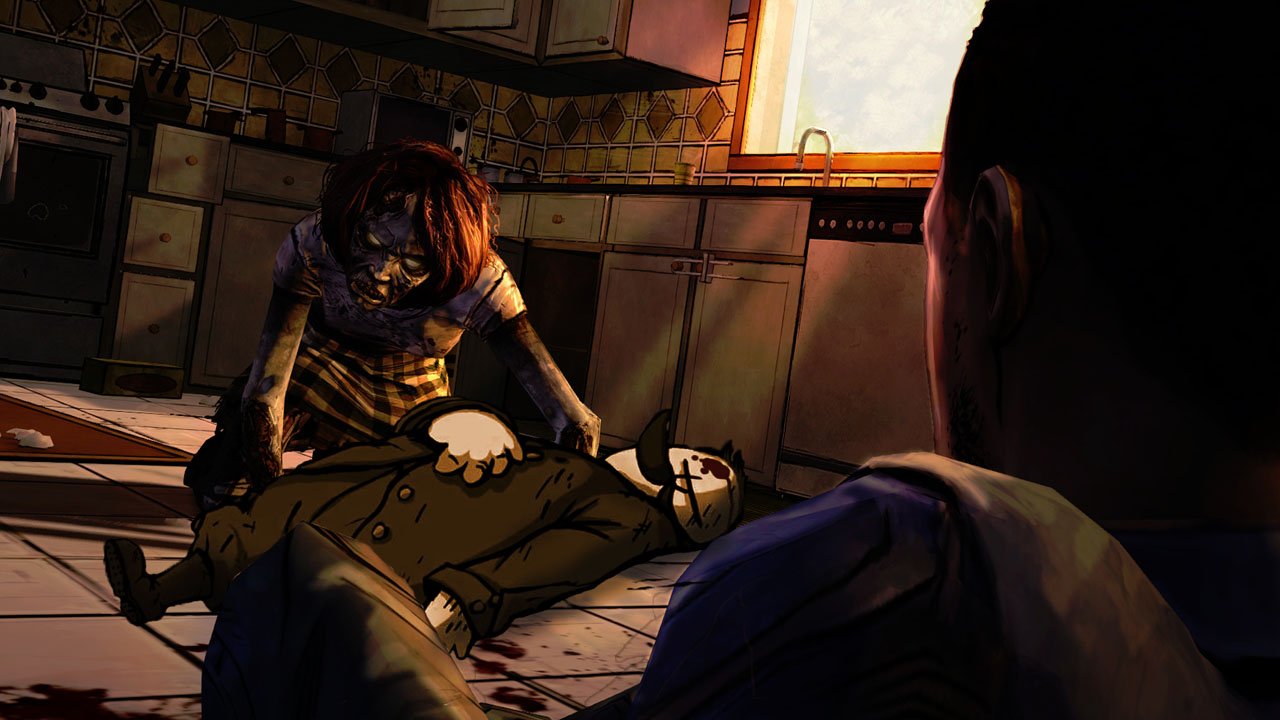As easy as it is to believe that the genre of adventure games is dead, there is plenty of proof that they’re just as—if not more—popular than ever before. In the last week alone I’ve reviewed a horror-themed, traditionalist point-and-click with The Last Door, enjoyed a slightly modernized version of the same puzzle-solving style in Valiant Hearts: The Great War, and finished up the latest episode of Telltale Games’ pseudo-adventure series The Wolf Among Us. From this vantage point it seems that adventure games haven’t gone away at all—that they are, in fact, a greater presence in videogames than they have been in years.
When Tim Schafer’s Double Fine Productions launched a Kickstarter for the production of a back-to-basics point-and-click game back in early 2012 it was because the major publishers apparently weren’t interested in financing new entries to the adventure genre. The millions raised through the crowdfunding effort showed that there was an audience for a throwback of the sort that Broken Age, Double Fine’s release, turned out to be. Just the same, the project seems to have been a one-off. Probably it was Tim Schafer’s pedigree as an adventure game designer that helped Broken Age’s funding effort. Maybe it was that players really only need occasional doses of nostalgia—are content with only one traditional adventure game in a blue moon and not several of them each year. Regardless of the reason for the Kickstarter project’s success, the adventure genre, at least in its point-and-click form, seemed destined to remain stuck in a niche.
Fans of this style of game bemoan this fact and have to be content with sporadic point-and-click releases. They see one of their favourite genres fading into obsolescence, not noticing just how well adventure games of a different sort are doing. It’s unlikely that traditional adventures will achieve mainstream success anytime soon, but that doesn’t mean that the genre is dead. As made clear by the attention garnered by Double Fine’s Kickstarter, players are still interested in the gameplay staples found in adventure games—quality dialogue, interesting characters, and an emphasis on logical thinking—can find them, even if traditional takes on the genre aren’t as popular as they used to be.
Telltale Games, a developer that has enjoyed a sort of renaissance over the last few years on the strength of the great gameplay design and writing of its episodic The Walking Dead series, is evidence of this. No doubt helped along by the popularity of the comic books and television show it’s based upon, Telltale managed to attract audiences indifferent to the game’s source material by overhauling the adventure game mechanics it had been indebted to for so many years. I believe The Walking Dead was such an overwhelming success because it was made by an adventure developer willing to experiment with the genre. Rather than adhere to older design principles, Telltale boiled the style of the game down to its basics, concentrating on storytelling and dialogue-based decision-making as the key elements of its version of the zombie apocalypse. While many die-hard adventure fans surely see The Walking Dead (and Telltale’s similar series, The Wolf Among Us) as blasphemy, these games are a necessary modernization of a genre that was previously at risk of fading entirely into the past. They’re the result of an experienced adventure game developer using the lessons learned from prior releases to change a game’s style in a way that makes it accessible to a wider audience.
Genres can only maintain relevance through change. While traditional adventure games deserve to live on and will always have a place within the medium, it’s good to see the genre adapt to modern sensibilities and find a place in the mainstream. It may not seem like it from the outside, but the fact that games like Valiant Hearts: The Great War and The Walking Dead manage to capture so much attention means that a whole style of game is making a healthy transition from past to present. Far from being dead, adventure games are very much alive and well. It’s just that now they take a different form than what we’re used to.




